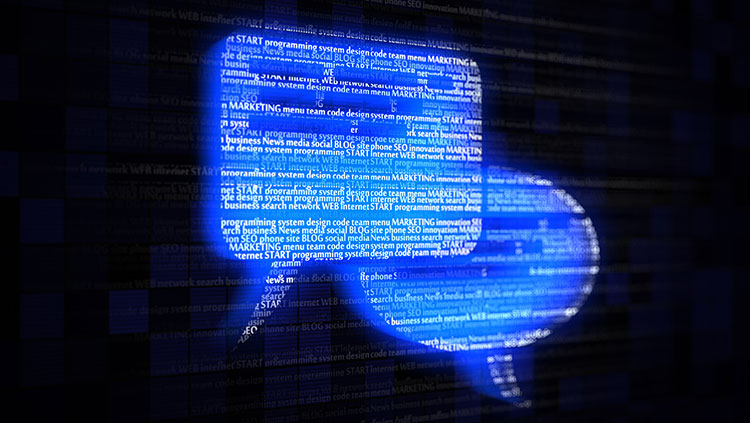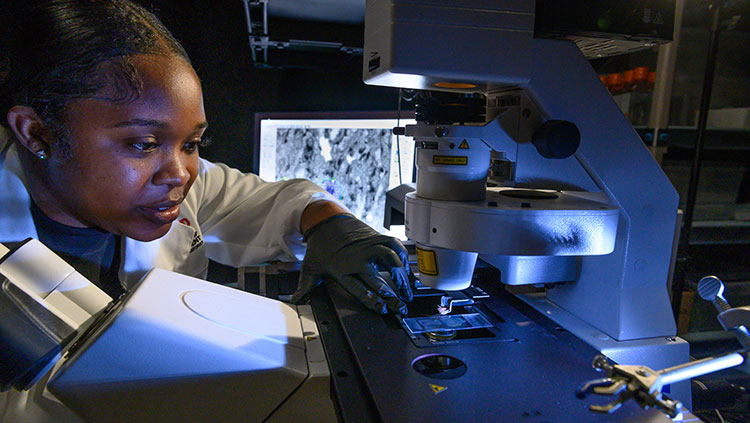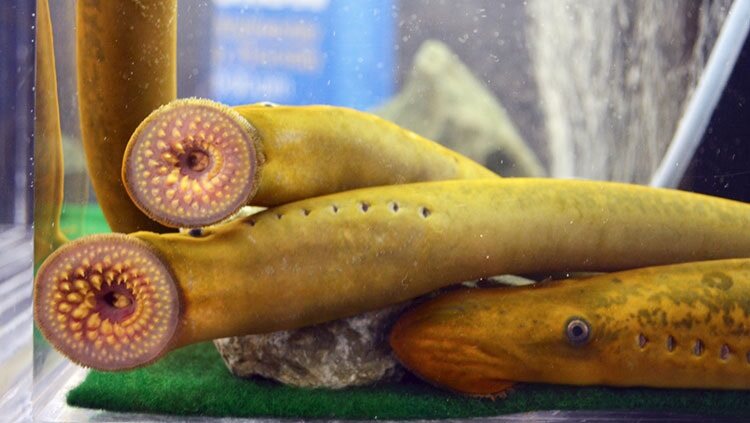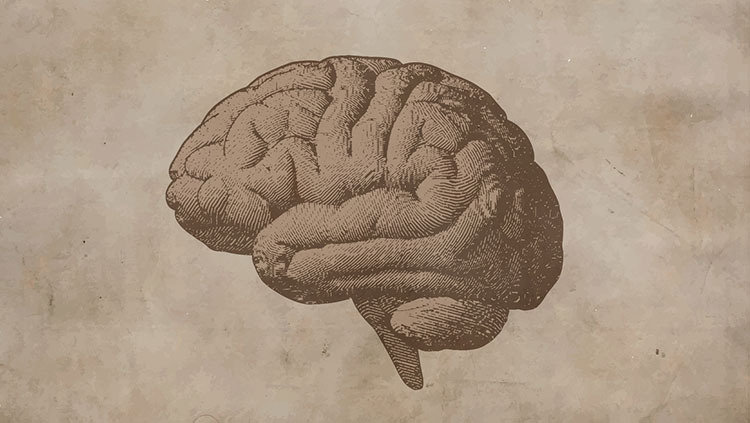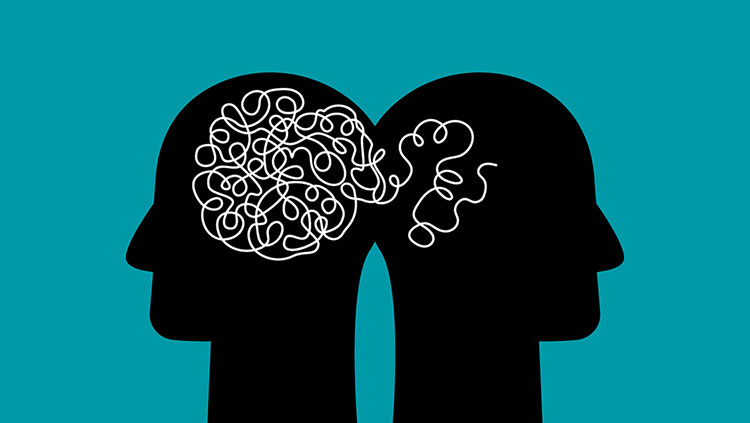ICYMI: Cuttlefish Memory May Get Better With Age
- Published7 Sep 2021
- Author Alexis Wnuk
- Source BrainFacts/SfN
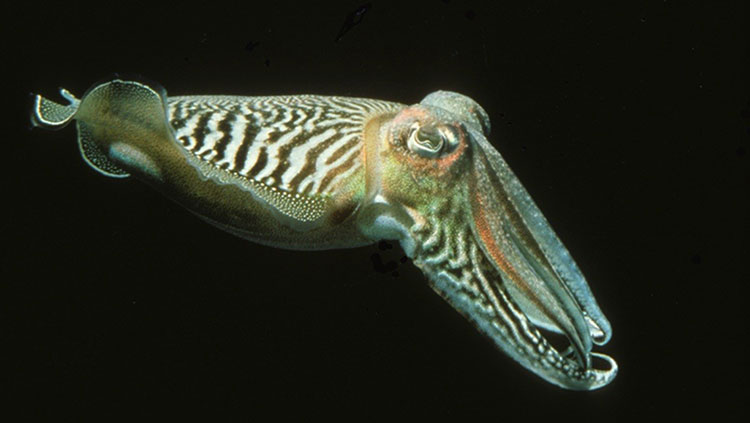
Recalling specific events from our life – like what you ate for lunch two weeks ago – gets harder as we age. Unless you’re a cuttlefish, that is: older cuttlefish are just as adept at remembering when and where they obtained their favorite food as their middle-aged counterparts, researchers reported August 18 in Proceedings of the Royal Society B. They started off by offering cuttlefish two types of food, a lump of prawn meat and tastier live grass shrimp, each from a different spot of the tank. The cephalopods then had two options for their next meal: they could get a prawn snack an hour later or wait three hours when both menu items would be available. In each case, the cuttlefish had to swim to their first noshing spot to obtain the food. The researchers switched up the dining locations each day of testing, forcing the cuttlefish to keep track of where they breakfasted each day and how many hours had elapsed since breakfast in order to nab their next meal. Not only did older cuttlefish perform just as well as their younger peers, they completed the complex task faster.
Big Picture: When you recall autobiographical details, you’re using your episodic memory. As we age, this kind of memory deteriorates before our stored knowledge of facts and concepts, or semantic memory. Scientists think that’s because episodic memory relies more on the hippocampus, which cuttlefish lack altogether.
Read More: The Best Kind of Aging Brain. The Atlantic
More Top Stories
- Position and career length influences soccer players’ likelihood of developing dementia. Reuters
- Scientists grew mini-brains with eye-like structures. Live Science
- Fecal transplants reverse brain aging in mice. Science
- Having a confidant can boost your cognitive resilience as you age. Inverse
- Vital for memory, ripples of brain activity may also regulate blood sugar. Science News
- A muscle hormone produced during exercise improves cognition in mice. The New York Times
- A protein released by neurons triggers inflammation. The Scientist
- After a stroke damaged her insular cortex, this woman lost the ability to feel hunger. New Scientist
- Wastewater analysis shows opioid use skyrocketed in the U.S. during the pandemic. New Scientist
CONTENT PROVIDED BY
BrainFacts/SfN



